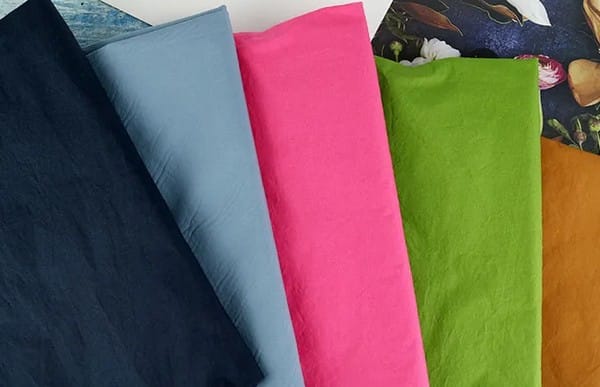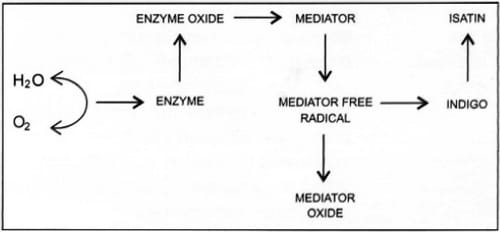What is Bio-wash?
Bio-wash is a fabric finishing procedure that improves textile consistency by reducing fraying and unevenness in (cellulose) stitched garments. This finishing technique is used on cellulose clothes to create long-lasting results through the application of enzymes. Bio-wash can be carried out on cotton as well as viscose, jute, flax, ramie, etc. it can be applied at any wet processing stages or in other processes.

Bio-washing Process for Garments:
In the mid-1980s, the introduction of enzymes in denim washing revolutionized the process by providing a suitable alternative to stone washing. The process was later known as ‘biostoning’ or ‘biowashing.’ During the last few decades, continuous research and development has established denim bio-washing as one of the most exciting enzymatic processes in modern textile industry. The most widely used enzymes in denim washing are cellulases, although potential application of other enzymes such as laccases and amylases has also been presented by some researchers.
Bio-wash is generally a wet fabric with the permanent finish which is usually done before or after the dyeing of fabric. It is also termed as biopolishing and usually done with cotton fabrics. This treatment removes the fuzz and pilling from the fabric surface and gives the fabric a softer and smoother handle, superior color brightness, and glossier appearance.
The enzyme used for bio-washing is neutral and stable cellulase. These enzymes are produced from Humicola isolans which cause controlled superficial attack on the fiber leading to decolourisation without bringing about excessive loss in fabric strength. Cellulase acts on 1,4 β-glucoside linkage. Here neutral stable (Bactosol IN) enzymes are mostly used, which acts at the pH of 6 and some of the cellulases where multicomponent are represented as the whole cellulose complex, or in other words represented as the combination of different specificity of endoglucanases, cellobiohydralases and related enzymes.

Enzyme bio-washing can be employed for removing protruding fibers and polishing the spun yarn/fabric appear smooth. Alkaline protease enzymes are generally used for protein fibers like silk and wool. Jet or soft flow can be used for better agitation for the process.
You may also like:

Editor of Fashion2Apparel. She is a fashion designer and ex-lecturer in Fashion Designing. She wants to spread fashion knowledge throughout the world.





Very helpful. I wanted this.
I like and it is helpful.